The High Court in Kirinyaga has delivered a seismic ruling today, stopping in its tracks the government’s newly launched framework aimed at compensating victims of demonstrations and public protests.
In a dramatic turn, Justice Dennis Kizito issued a sweeping temporary injunction—known as conservatory orders—blocking both the Panel of Experts on Compensation of Victims of Demonstrations and Public Protests from starting its work, and suspending the enforcement of Gazette Notice 12002 and the presidential proclamation announcing the panel’s mandate. The legal freeze remains in place until the court fully hears the challenge.
This ruling exposes a clash between executive ambition and constitutional safeguards. The government had established the 18-member panel under a Gazette notice issued in late August, chaired by Professor Makau Mutua and vice-chaired by Law Society of Kenya President Faith Odhiambo. The panel’s sweeping mandate included verifying victims, engaging diverse stakeholders—from families to civil society and state agencies—and crafting an operational model for reparations.
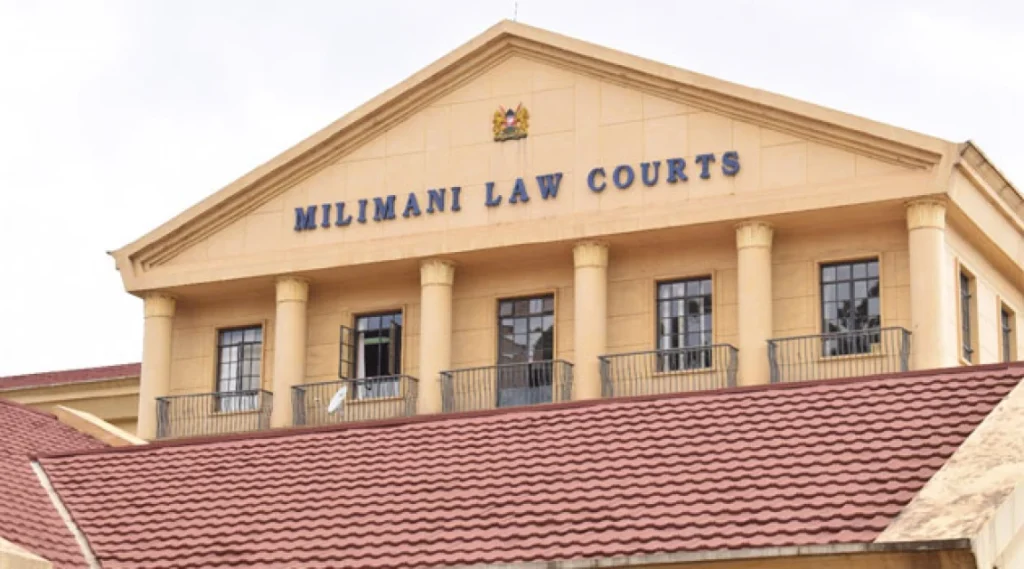
At the center of the legal challenge is lawyer Levi Munteri, who has petitioned the High Court, arguing that the panel’s formation was not only politically driven but also procedurally flawed—pointing to the absence of parliamentary debate, oversight, or financial backing. Justice Kizito’s orders now prohibit any action under the framework until the petition is fully considered.
The court has laid out a clear timeline: Respondents—including the State Law Office and the Interior Ministry—must respond within seven days of service. The petitioner must reply within three days. All submissions have to be completed before the court reconvenes in Kerugoya on October 10, 2025.
This ruling lands as a fresh obstacle for a government attempt to address the fallout from protests that have rocked the country since 2017. The compensation initiative had been presented as a milestone for justice and reconciliation. Instead, today’s court decision transforms it into a flashpoint in Kenya’s complex legal and political terrain.


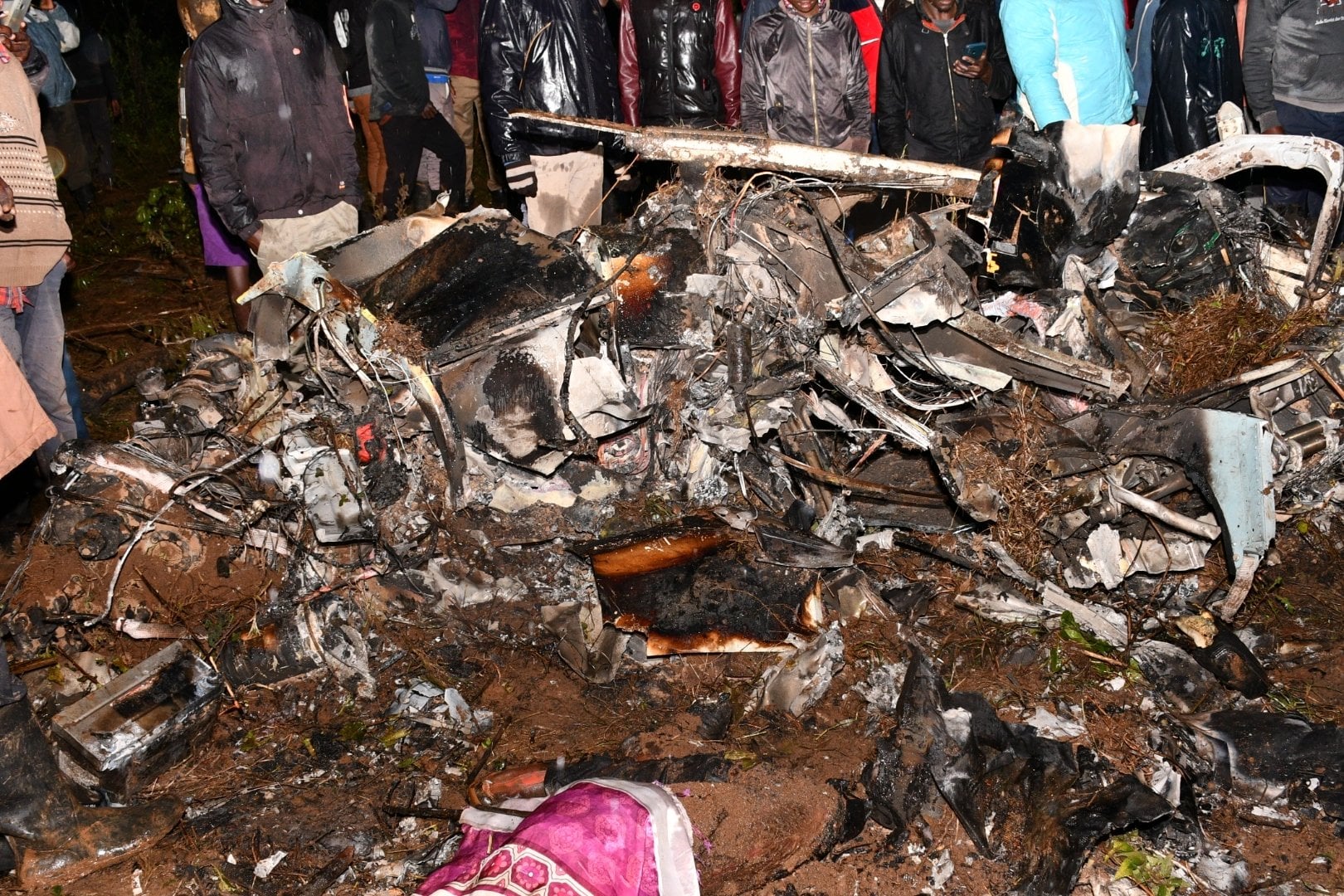
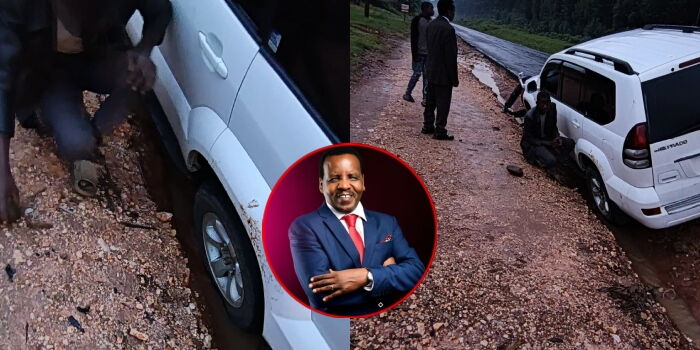
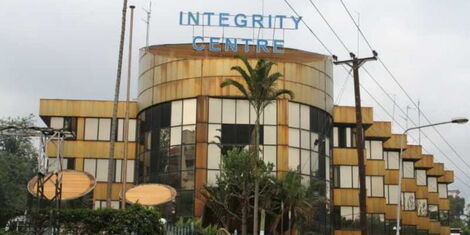

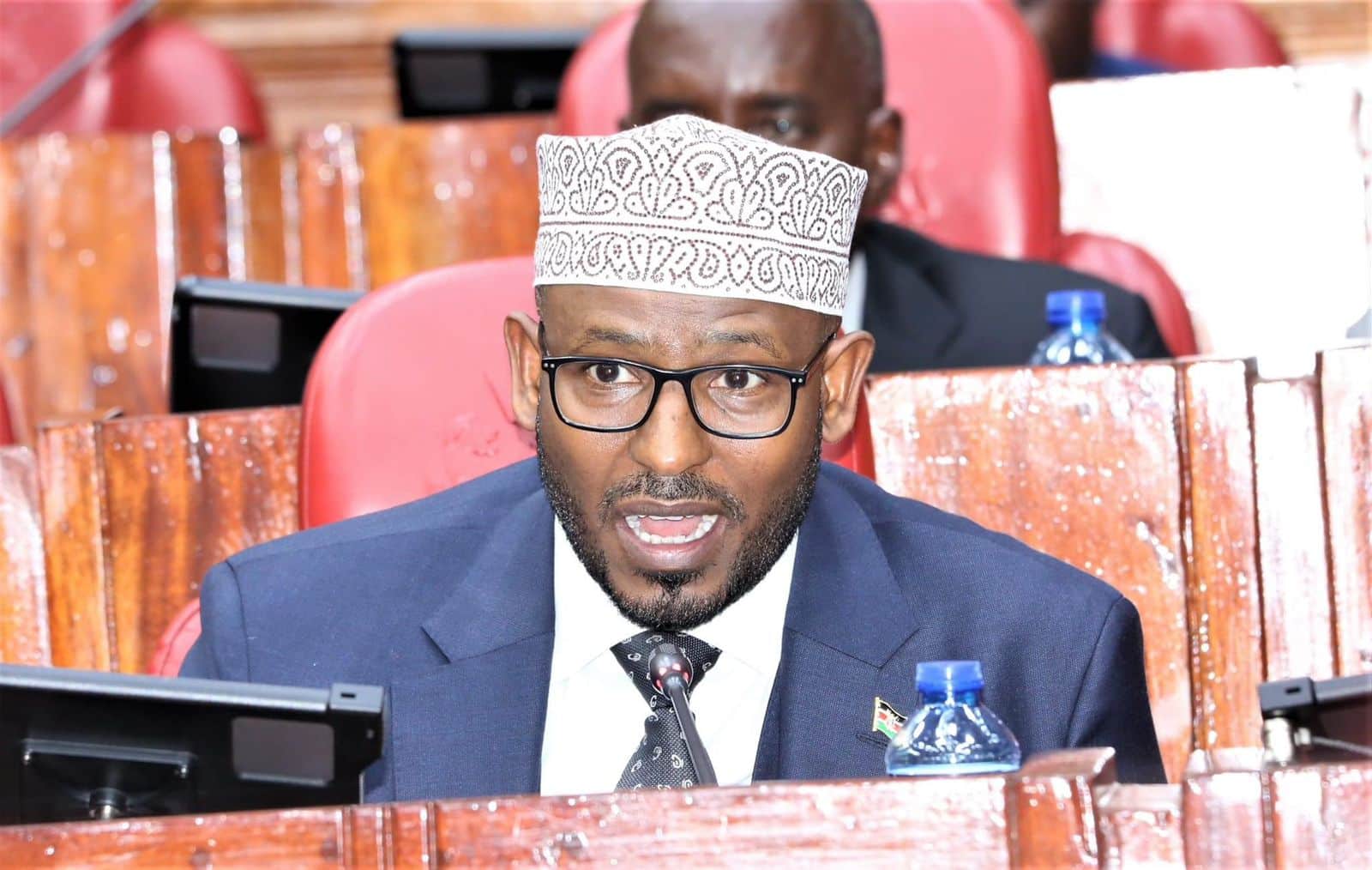
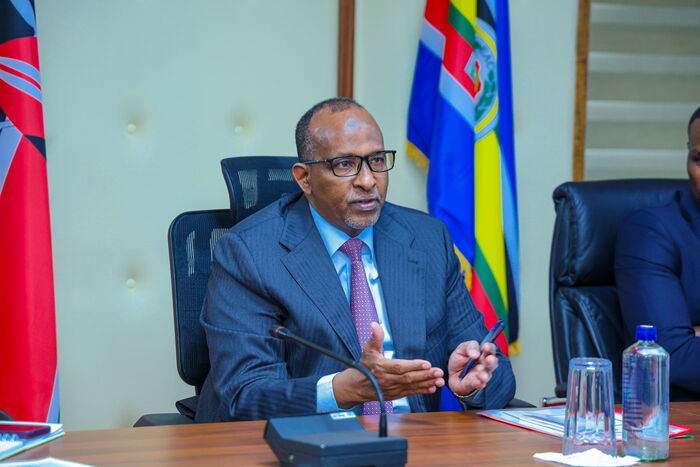
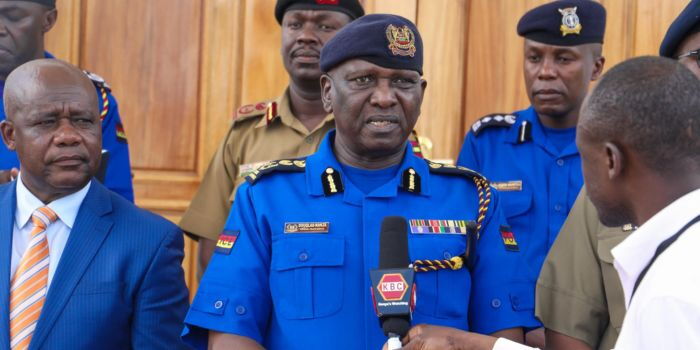
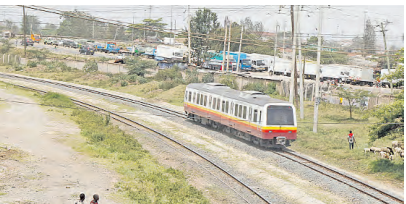

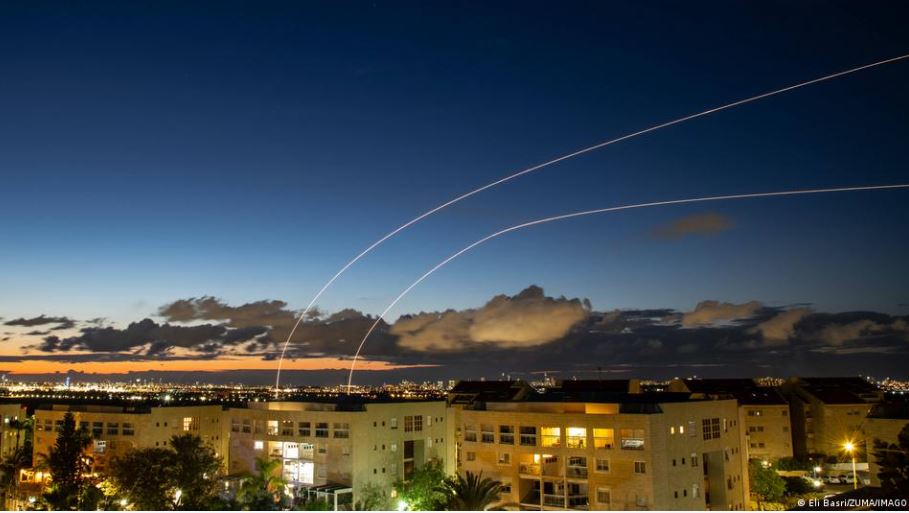
Leave a Reply